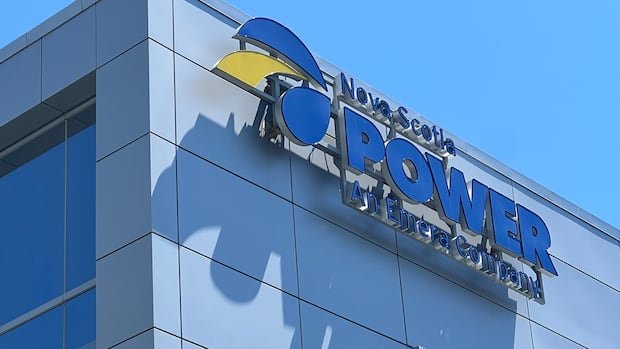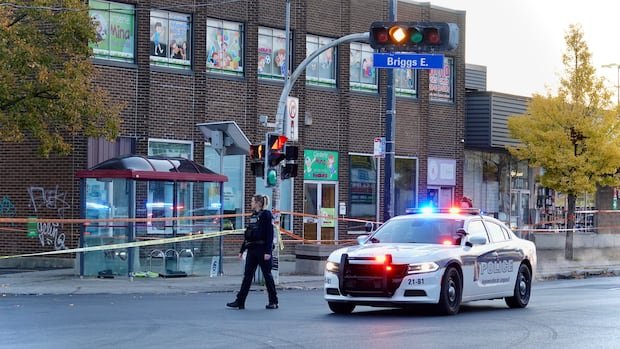Several contractors who have done recent work for Nova Scotia Power have not been paid in months; some with outstanding bills in the hundreds of thousands, CBC has learned.
“They’re telling us it was a data breach,” said Tim Houtsma, CEO of Marid Industries.
Marid is owed between $60,000 and $70,000.
“If we had a great job with them, this would be a different conversation,” Houtsma said. “But it turns out we haven’t done much for them lately.
“It’s important that they are accountable and pay their contractors on time because we all pay our energy bills on time.”
Other contractors who did not want to speak publicly told CBC they have not been paid by Nova Scotia Power since the spring. Some revealed they are owed hundreds of thousands of dollars.
the utility publicly announced on April 28 which was dealing with a cybersecurity incident it discovered on April 25. Approximately 280,000 customers were affected by the attack, about half of the utility’s total customers.
In an email, the utility confirmed that the breach also affected payments to companies that work for them.
“We are very sorry for the delays in payments to our contractors and suppliers,” said Jacqueline Foster, senior communications advisor for Nova Scotia Power.
“Progress is being made and bills are being paid, but we know it has been slow and has caused real problems for our partners.
“We value our relationships with all of our contractors and suppliers and are working to ensure they are paid as quickly as possible as we work to return to normal operations.”
The utility said IT and finance teams have been “working around the clock” to restore systems following the impacts of the cyber incident. Nova Scotia Power said it expects all bills to be paid before the end of the year and it will be able to resume normal payment terms.
Foster said if a contractor has questions about the status of their invoices, they can contact their usual contact at Nova Scotia Power or email apinquiry@nspower.ca.
Houtsma said the money owed to Marid does not cause him much alarm. However, he sympathizes with smaller companies who are owed more.
“They’ll get their money, but will they get it before all the other things are paid and things like that? That’s a potential business-ending situation,” Houtsma said.
Prompt payment legislation
He points to slow-moving legislation that hasn’t yet become a reality in Nova Scotia, but could help in situations like this.
Under the McNeil government in 2019, an amendment to the Builders Liens Act included the addition of prompt payment. It finally reached the public participation phase in 2023.
“The quickest way I can explain prompt payment is that it sets out the rights and responsibilities of each party to a construction contract, from the owner to the supplier,” said Duncan Williams, president of the Nova Scotia Construction Association.
“When a payment invoice is issued, the expectation is that a clock will start and then you must respond to that invoice.”

Williams said delays in regulations can be attributed to the construction industry. He hopes it will be finalized in the legislature next spring.
He admits that he should have done this a long time ago.
“We were looking at payment terms of 60, 90, 120 days. So if you’re a trade contractor, for example, or a general contractor, and you have invoices to pay on Friday, you have staff to pay… It’s a little difficult to do that if you haven’t received payments,” he said.
“We typically see an average of 35 companies a year that will close largely due to non-payment.”
The goal is to align Nova Scotia’s standards with those of other provinces, including Saskatchewan.
Williams was unaware of Nova Scotia Power’s payment issues until he was contacted by CBC.
“Whether it’s government, private or a wholly owned corporation or publicly traded organization, it doesn’t matter,” he said.
“If you buy construction, you do so with a good faith mentality and therefore your contractors will provide you with the best possible services. But you have to pay your bills.”
MORE TOP STORIES








